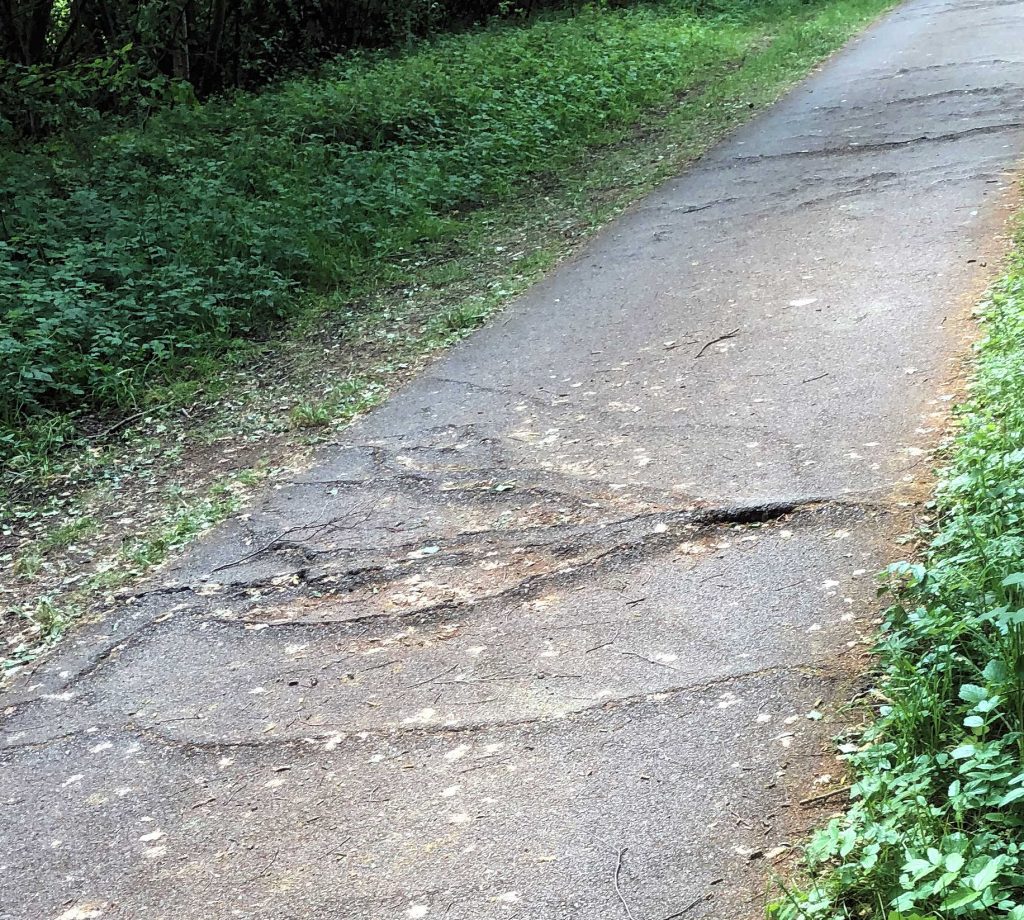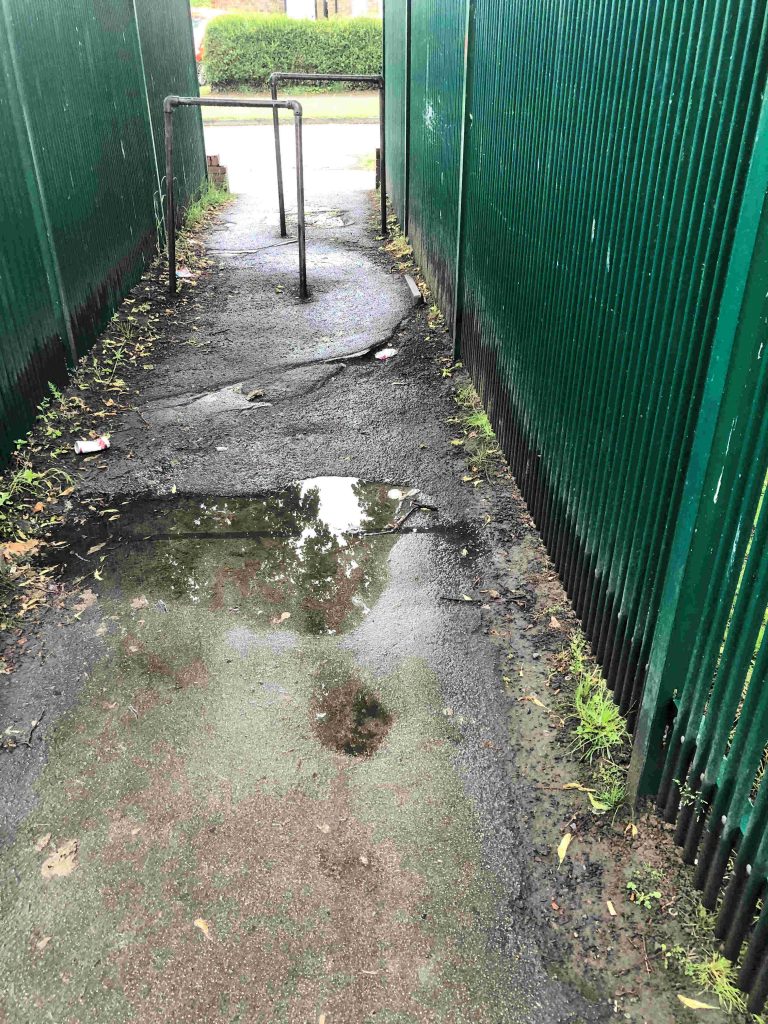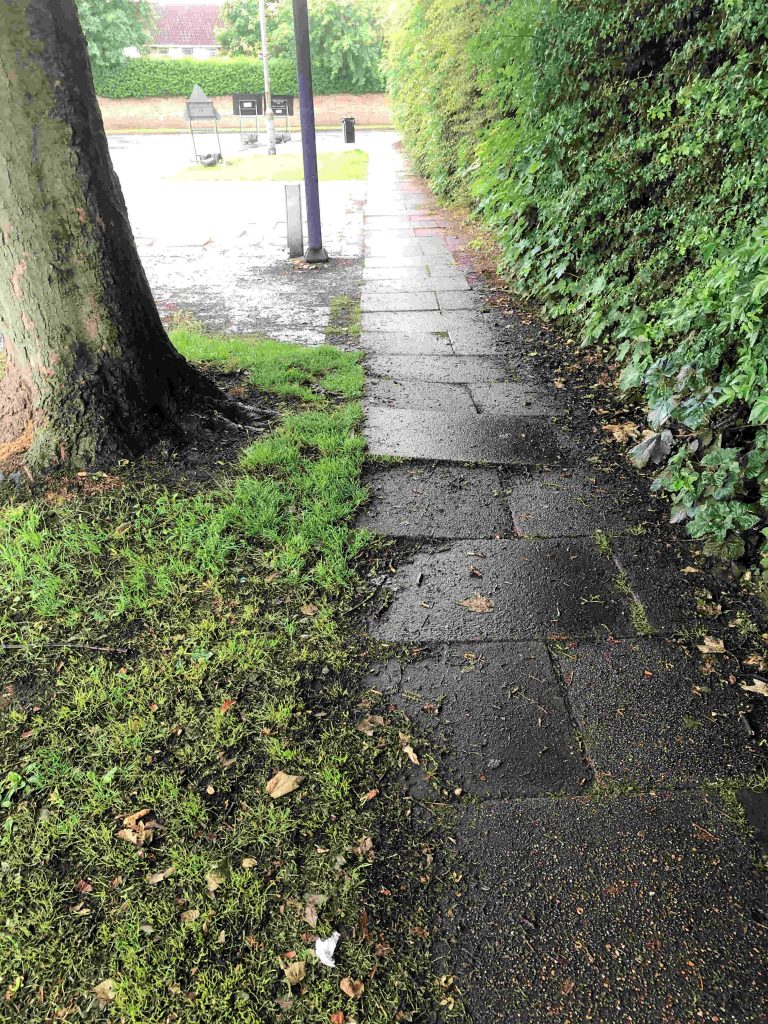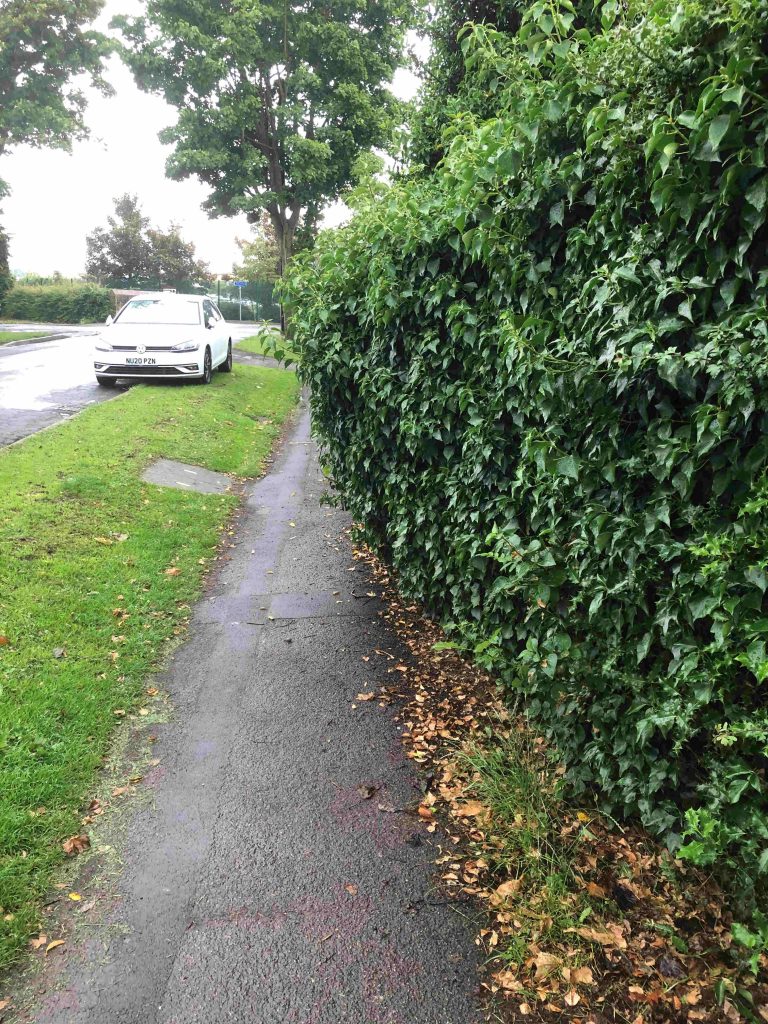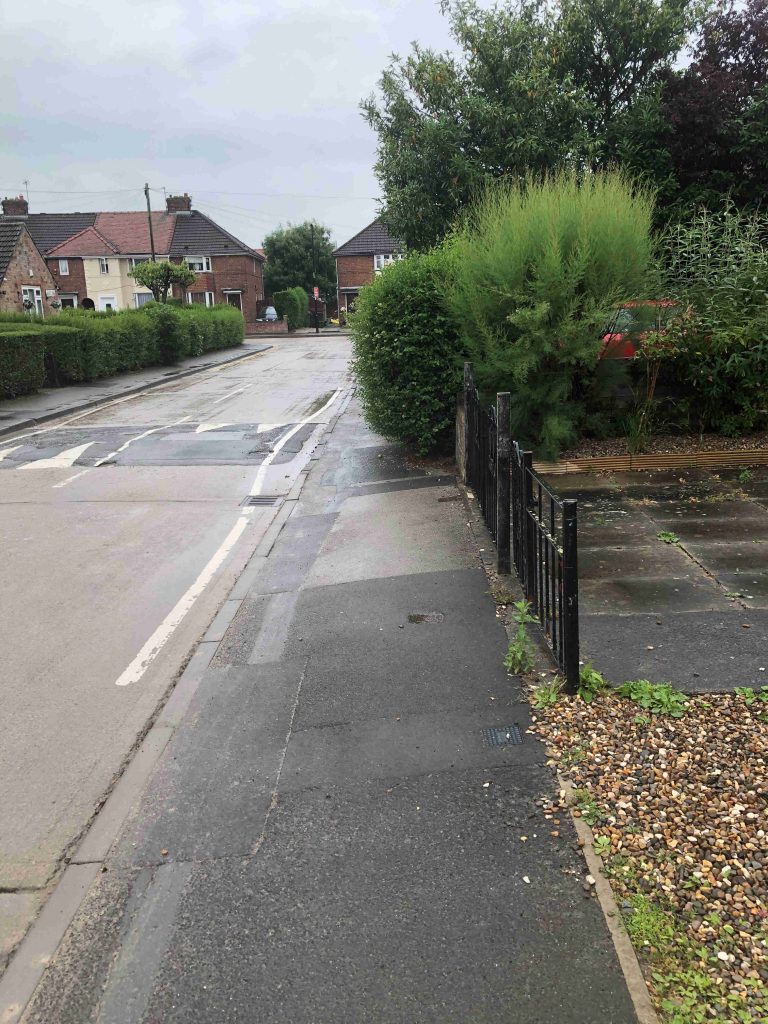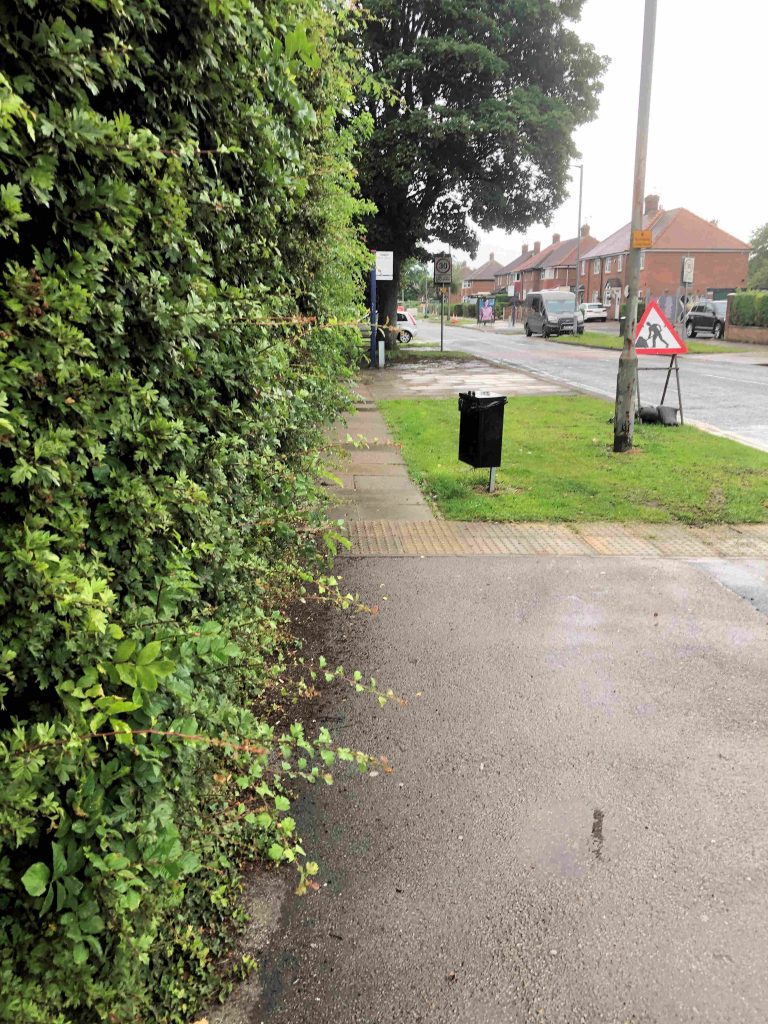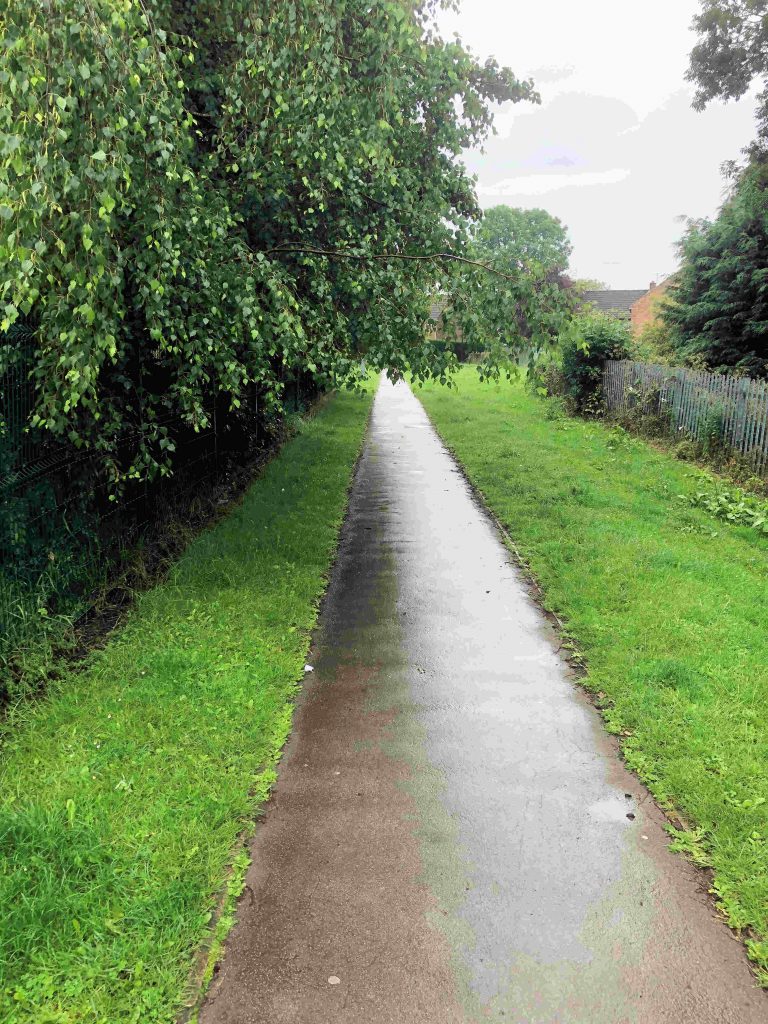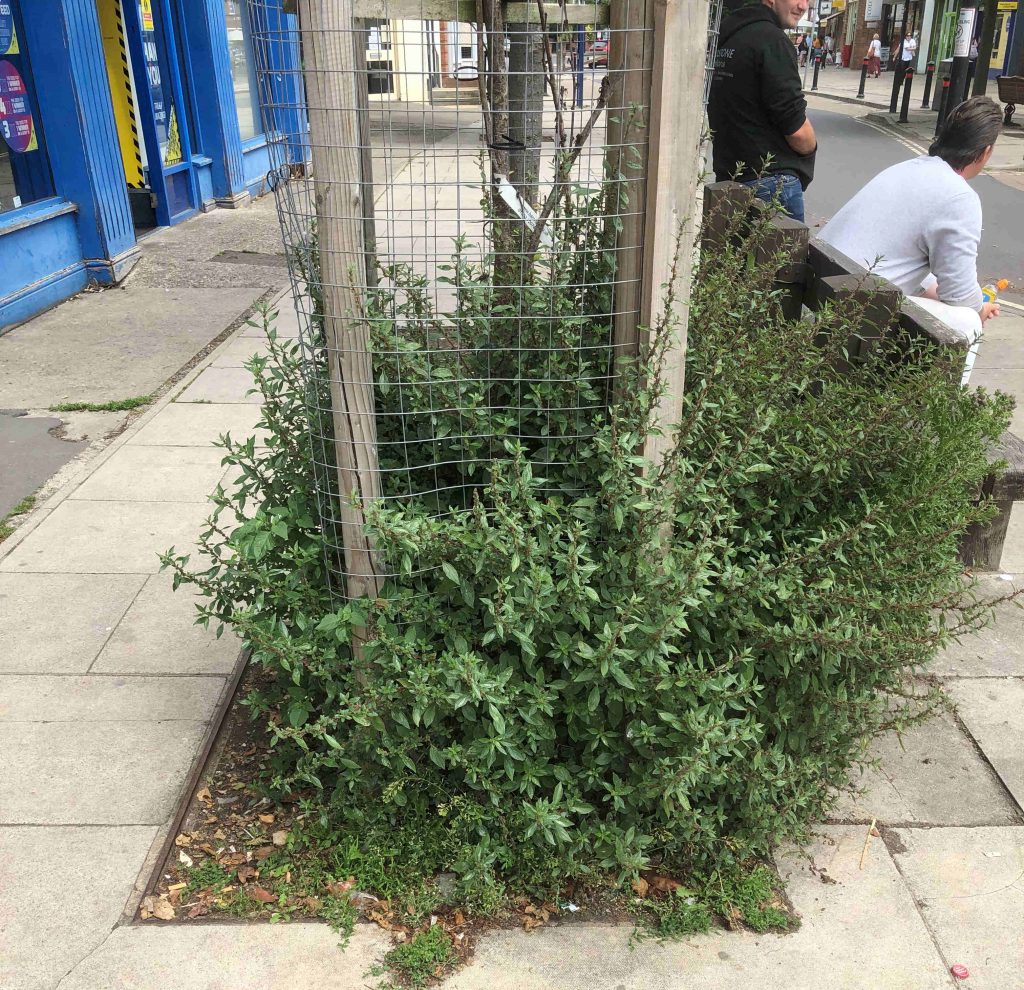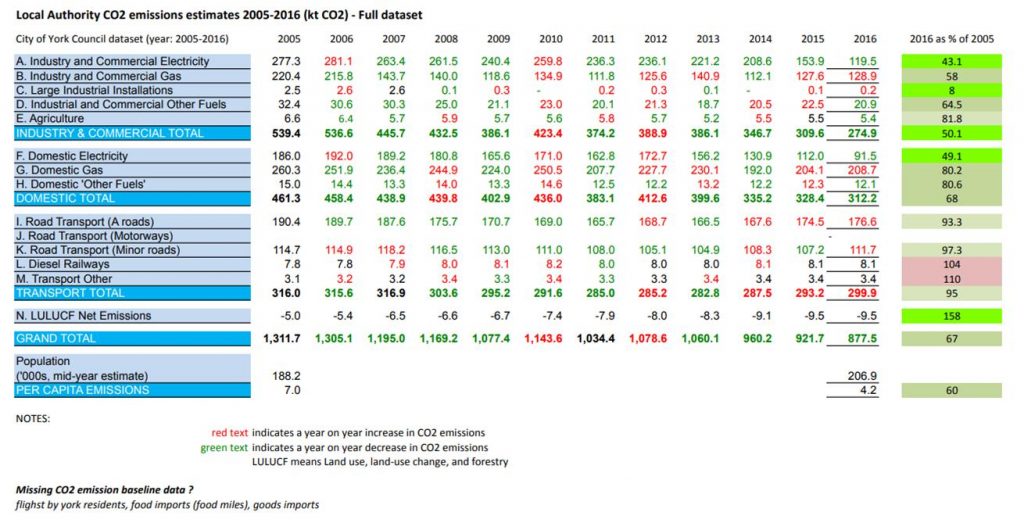A new council report says that the City will have to invest between £1.1 and £2.3 billion to become “Carbon Neutral” by 2030.
It is the first time that a figure has been put on the ambition to reach net zero carbon within 10 years.
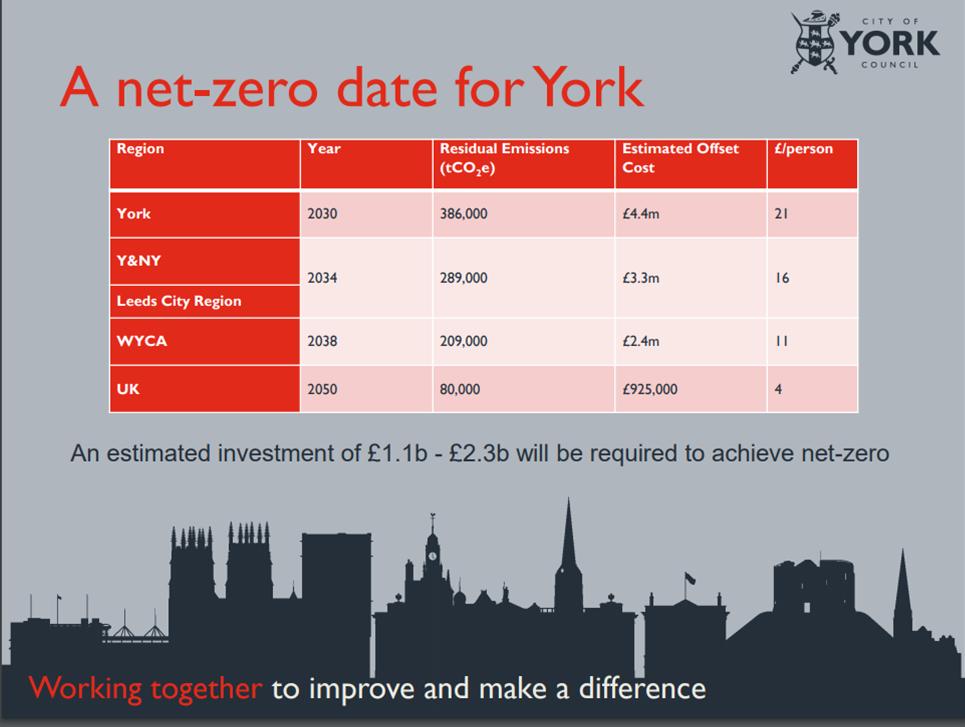
A meeting next week will also consider an academic report into climate change issues in the City.
The report claims
“that York could close the gap between its projected emissions in 2030 and net zero emissions by 47% purely through the adoption of cost-effective options in houses, public and commercial buildings, transport and industry”.
“The most carbon effective options for the city to deliver these carbon cuts include improved deep retrofitting of heating, lighting and insulation in houses, cooling and insulation in offices, shops and restaurants, and a range of measures across the transport sector including mode shift to non-motorised transport and the wider up-take of electric vehicles”.
The report accepts that these initiative alone would not be sufficient to achieve the target with another 31% reduction needed from “more innovative interventions”.
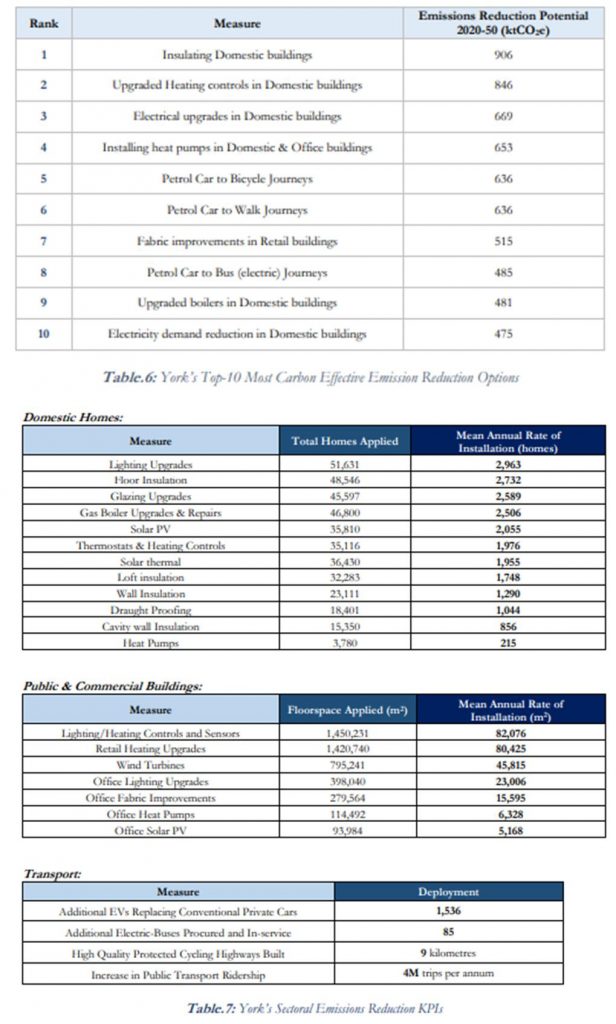
The report is likely to be met with some scepticism. The recent lockdowns have told us more about what is possible and what is likely to happen.
On the positive side, more people are working from home eliminating one source of transport emissions. Air quality in the City is now better than has previously been recorded in modern times.
The numbers of electric vehicles being purchased is also increasing.
On the negative side, there has actually been a drop in the number of people cycling and using public transport. The drop in the use of latter has been dramatic and it remains to be seen how quickly confidence in using buses will return.
The Council proposes to appoint – a slightly pretentiously labelled – Climate Commission.
How a climate change works programme could be funded – given the already spiralling level of debt at both City and national level – remains to be seen.

